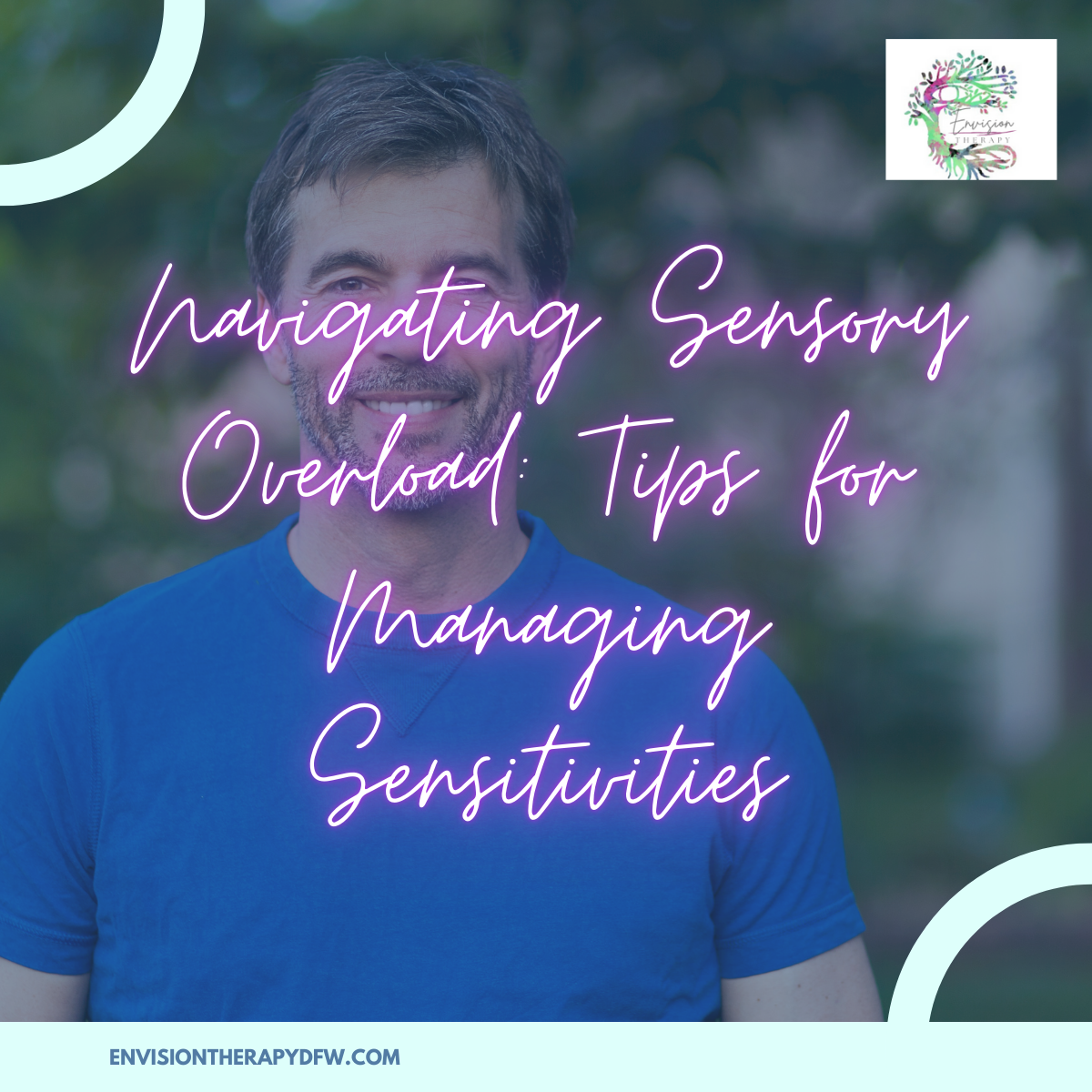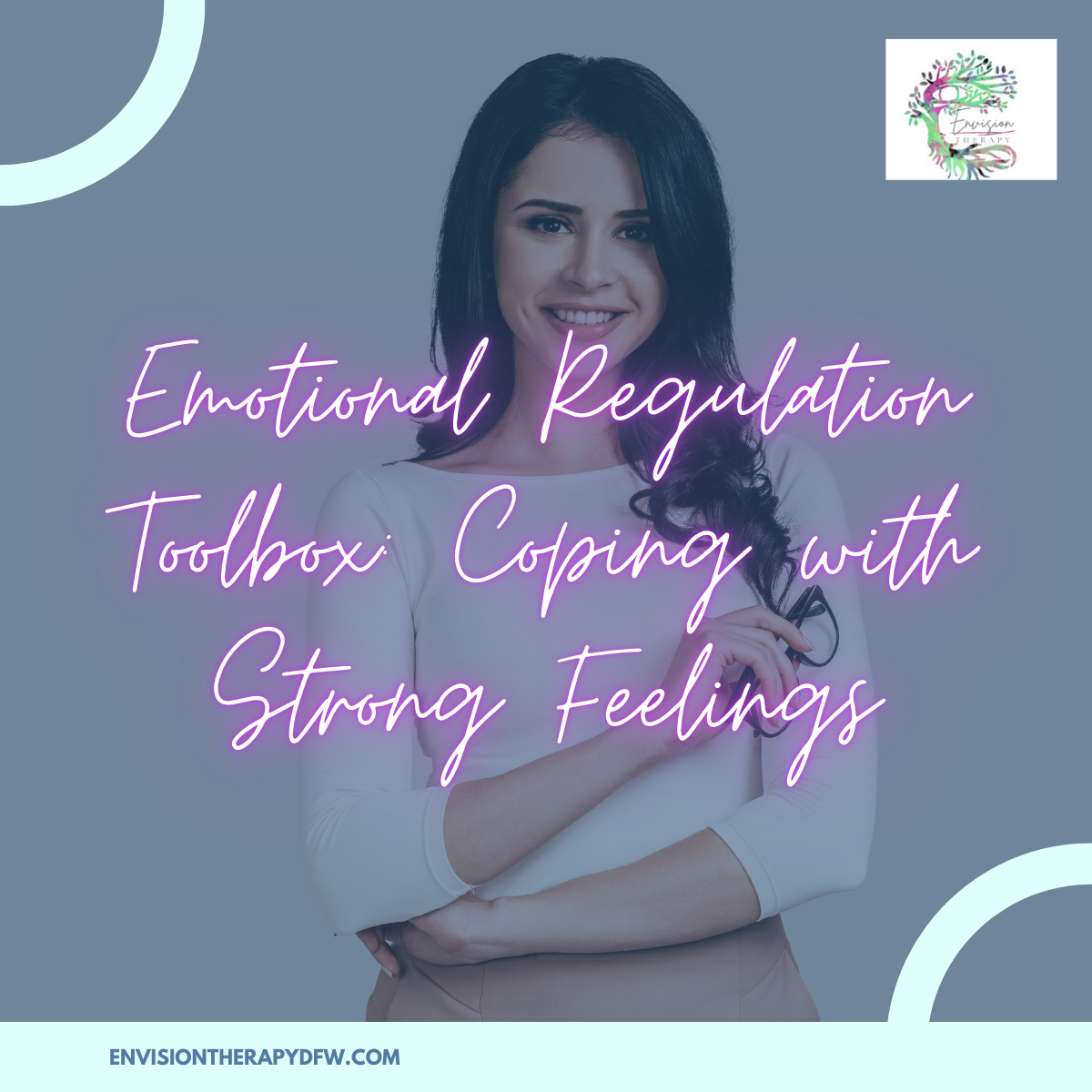-

Feeling Stressed at Work? Try These Proprioceptive Techniques
•
Proprioceptive activities, or “heavy work” exercises, are simple movements that engage your muscles and joints, helping to regulate your nervous system. At work, these exercises can boost focus, reduce stress, and alleviate restlessness or discomfort from sitting too long. Whether you’re dealing with anxiety, attention issues, or sensory overload, proprioceptive techniques like wall push-ups,…
-

The Challenge of Change: Autism in Girls and Routine Disruptions
•
For girls with Autism, routine isn’t just a preference—it’s a necessity for feeling safe, grounded, and in control. But when changes in routine occur—like a substitute teacher, a sudden shift in schedule, or a change in family plans—these disruptions can lead to intense stress, anxiety, and emotional reactions. In this talk, we dive into…
-

Hyperfocus and Autism in Girls: Strengths, Struggles, and Support
•
Girls with Autism often display a unique tendency to hyperfocus on specific interests, immersing themselves deeply in a topic they love. This hyperfocus can be a source of passion, expertise, and joy, but it can also lead to challenges—particularly in school, social relationships, and at home. While these girls may struggle to balance their…
-
Early Diagnosis of Autism: Why It Matters
•
Early diagnosis of autism is crucial for optimizing outcomes and supporting your child’s development. Identifying autism early allows for timely interventions, which can greatly impact your child’s social, communication, and behavioral skills. With early diagnosis, parents can access specialized resources, tailored support, and therapeutic programs designed to address specific needs. This proactive approach helps…
-

Adjusting to Routine: Shifting from the Freedom of Summer to the Structure of School Days
•
Adjusting from the freedom of summer to the structure of school days can be challenging, but with the right strategies, you can make this transition smoother for your child. Start the transition gradually, create a structured environment, incorporate breaks and downtime, and use creative strategies to engage your child. Tailor your approach to meet…
-

Adapting to Changes: Why It Might Be About Stability, Not Inflexibility
•
Struggling with adapting to changes might not mean you’re inflexible. It could be due to a need for predictability, especially if autism is a factor. Understanding this need and implementing strategies can help manage transitions better.
-

Navigating Sensory Overload: Tips for Managing Sensitivities
•
Living with sensory sensitivities can make everyday experiences overwhelming. For those with ADHD and Autism, navigating a world full of sensory input can be particularly challenging. Learn practical strategies to manage sensory overload, including creating a sensory-friendly space, using noise-canceling headphones, wearing tinted glasses, carrying sensory tools, practicing deep breathing, using white noise machines,…


